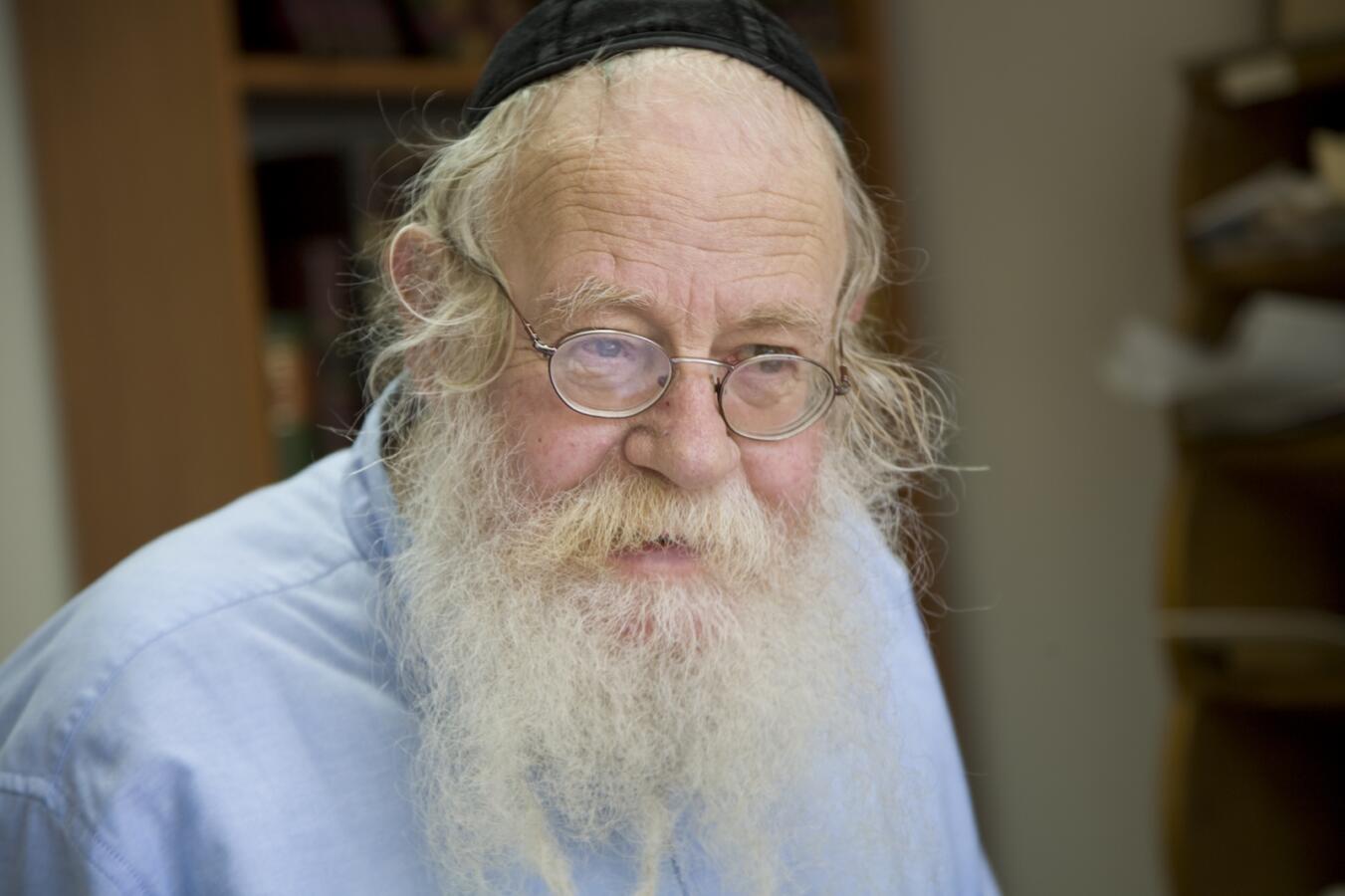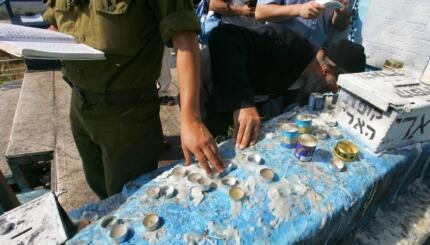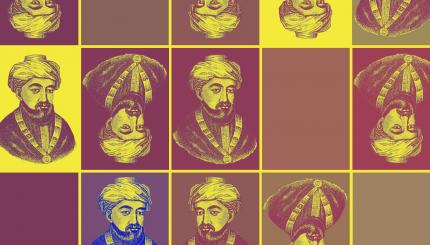Rabbi Adin Even-Israel Steinzaltz was an acclaimed Israeli scholar best-known for his landmark translation of the Talmud into Hebrew, a 45-year project that made Steinsaltz the first to complete a full commentary on the Talmud in a millennium and rendered one of Judaism’s central texts accessible to a mass audience for the first time.
Steinsaltz not only translated the Aramaic original into modern Hebrew, he also integrated his own commentary into its terse language, filling in gaps that had previously required deep familiarity with the internal mechanics of talmudic discourse to decipher. Departing from long-standing conventions, he introduced punctuation and paragraph breaks, altered the pagination and placed his own commentary in the area surrounding the main text that had previously been the domain of medieval scholars. Steinsaltz’s translation was in turn translated into a half-dozen other languages, including English, a free online version of which established the Steinsaltz edition as the go-to version of the Talmud for non-experts.
Authoring a comprehensive commentary on the Talmud alone put Steinsaltz in a category alongside Rashi, the medieval French scholar whose commentary on the Bible and the Talmud is considered the most authoritative. Steinsaltz also wrote a full Bible commentary as well, along with 60 books and hundreds of articles on topics ranging from Jewish ethics to theology to prayer to mysticism. Among his best-known works beyond the Talmud translation is The Thirteen Petalled Rose, an introduction to Jewish mysticism first published in 1980. A follower of the Chabad Hasidic movement, Steinsaltz also authored several books on Tanya, one of the group’s core texts.
Described as a once-in-a-millennium scholar, Steinsaltz was born into a secular socialist family in Jerusalem in 1937 and embraced Jewish practice only as a teenager. His intellectual abilities were evident early, when he became the youngest school principal in Israel at age 23. He also earned a reputation for a tireless work ethic, reputed to put in 17-hour workdays.
With your help, My Jewish Learning can provide endless opportunities for learning, connection and discovery.
Steinsaltz’s genius was honored with numerous prizes, including the Israel Prize, Israel’s highest cultural honor, in 1998, along with the inaugural Israeli Presidential Award of Distinction, the French Order of Arts and Literature, and a 2012 National Jewish Book Award. He was invited to deliver the prestigious Terry Lectures at Yale University and was a scholar in residence at the Woodrow Wilson Center in Washington. In 2016, he was invited to a private audience with the pope.
Steinsaltz was driven by the belief that it was untenable for so many modern Jews to not understand the central pillar of the Jewish intellectual tradition. “This is a dangerous situation, like a collective amnesia,” Steinsaltz told the Jewish Telegraphic Agency in 2010 on the occasion of the completion of the translation. “I tried to make pathways through which people will be able to enter the Talmud without encountering impassable barriers. It’s something that will always be a challenge, but I tried to make it at least possible.”
Steinsaltz’s contributions to educating modern Jews were not limited to his written works. Prior to the fall of communism, Steinsaltz managed to gain approval for the establishment of a center for Jewish higher learning in the Soviet Union under the auspices of the Soviet Academy of Sciences. Steinsaltz was also involved in the launch of Lamed, a school to train Jewish teachers, and the Jewish University of Moscow and St. Petersburg.
Long plagued by ill health, Steinsaltz suffered a stroke in 2016 that left him unable to speak. He died in Jerusalem on August 7, 2020, at the age of 83.



